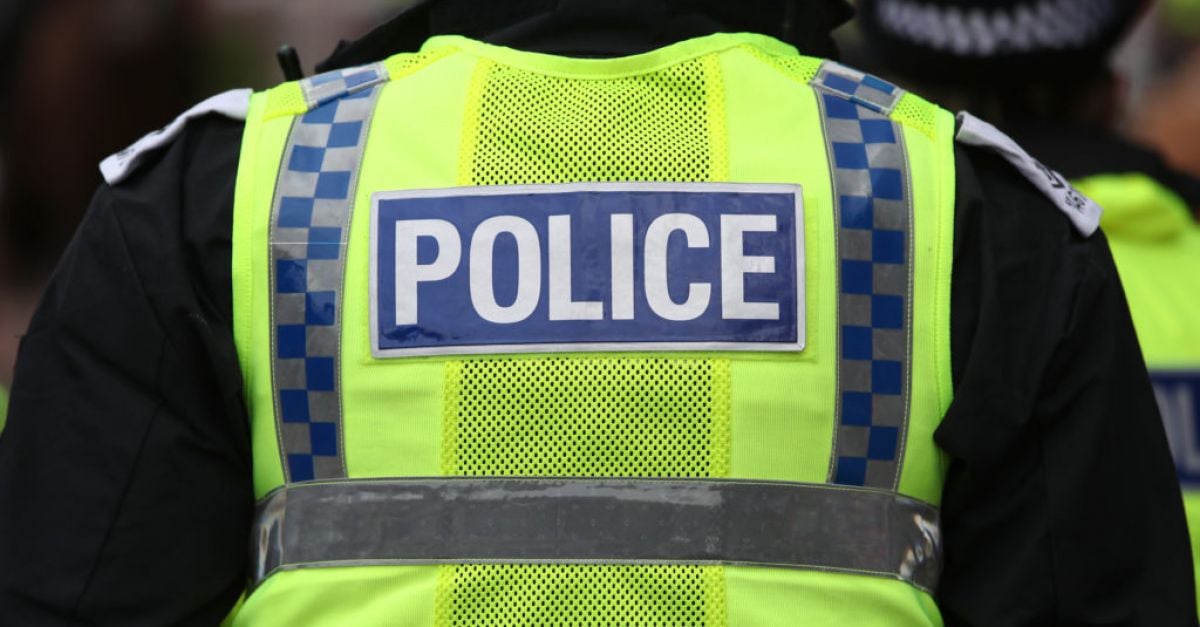Police Watchdog to Investigate Allegations of Unlawful Arrest of Sex Education Actor Reece Richards
The Independent Office for Police Conduct (IOPC) has announced it will assess a complaint made by Reece Richards, a prominent actor known for his role in the Netflix series Sex Education. Richards alleges that he was subjected to an unlawful arrest by the Metropolitan Police, during which he was sprayed with an incapacitating liquid. The incident, which he claims was racially motivated, has sparked significant public interest and raised questions about police conduct in the UK.
The Incident: A Disturbing Encounter
Richards, who plays Eugene in Sex Education, reported that the incident occurred on September 4 in Fulham, west London, shortly after he had finished performing in Hairspray The Musical. According to Richards, he was near his home when he witnessed a car crash. After two men exited the vehicle and fled the scene, he pointed out their direction to the police. However, instead of being thanked for his assistance, Richards claims he was abruptly arrested.
In his account, Richards described the moment when an officer shouted at him to get on the ground, threatening him with pepper spray. He expressed confusion and disbelief at being treated as a criminal, especially after attempting to help the police. "Calmly, I explained that I was a performer returning from a show," he recounted, but the situation escalated quickly. He was reportedly tackled to the ground by multiple officers, who used excessive force, resulting in injuries to his back, ribs, and stomach.
Allegations of Racial Profiling
Richards has made serious allegations regarding the nature of his arrest, claiming that he was targeted solely because of his race. He stated, “I didn’t fit the description of the suspects,” emphasizing his belief that racial profiling played a significant role in the police’s decision to detain him. This assertion has resonated with many, including Brenda Edwards, a director of Hairspray The Musical, who publicly supported Richards, stating he was “racially profiled and violated.”
The IOPC has acknowledged receiving a voluntary complaint referral from the Metropolitan Police concerning the incident. A spokesperson for the watchdog confirmed that they would assess the situation to determine if further action is warranted. They noted that Richards sustained minor injuries during the encounter and that he has raised concerns about the use of force and the legitimacy of his arrest.
Seeking Accountability and Raising Awareness
Richards has expressed that his motivation for filing the complaint is to seek accountability and to raise awareness about the ongoing issues of racial profiling and police misconduct. He emphasized the importance of addressing such incidents, stating, “I want to highlight that these things are still happening.” His commitment to advocating for change reflects a broader societal concern regarding the treatment of individuals by law enforcement, particularly those from minority backgrounds.
The incident has drawn attention not only because of Richards’ celebrity status but also due to the serious implications it has for policing practices in the UK. The public’s reaction has been one of outrage, with many calling for a thorough investigation into the actions of the officers involved.
The Role of the IOPC
The IOPC plays a crucial role in overseeing police conduct in England and Wales. Their involvement in this case underscores the importance of independent scrutiny of police actions, especially in cases involving allegations of excessive force and racial discrimination. The outcome of their assessment could have significant implications for the Metropolitan Police and their operational protocols.
As the investigation unfolds, the public will be watching closely to see how the IOPC addresses Richards’ claims and whether any systemic changes will be implemented to prevent similar incidents in the future. The case serves as a reminder of the ongoing challenges faced by marginalized communities in their interactions with law enforcement and the urgent need for reform in policing practices.
Conclusion
The allegations made by Reece Richards against the Metropolitan Police highlight critical issues surrounding race, policing, and accountability. As the IOPC begins its assessment, the case has the potential to spark important conversations about the treatment of individuals by law enforcement and the need for greater transparency and reform. The outcome of this investigation could not only impact Richards but also serve as a catalyst for change within the policing system in the UK.
